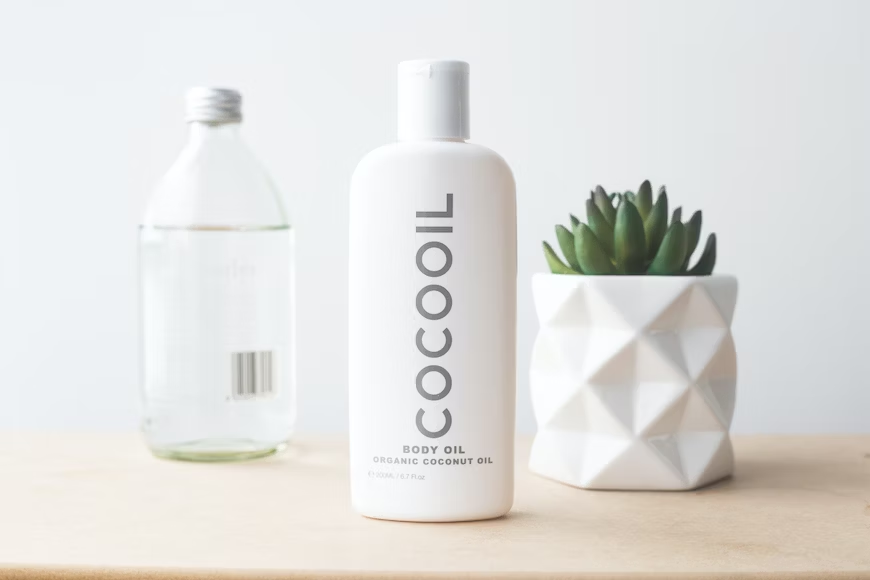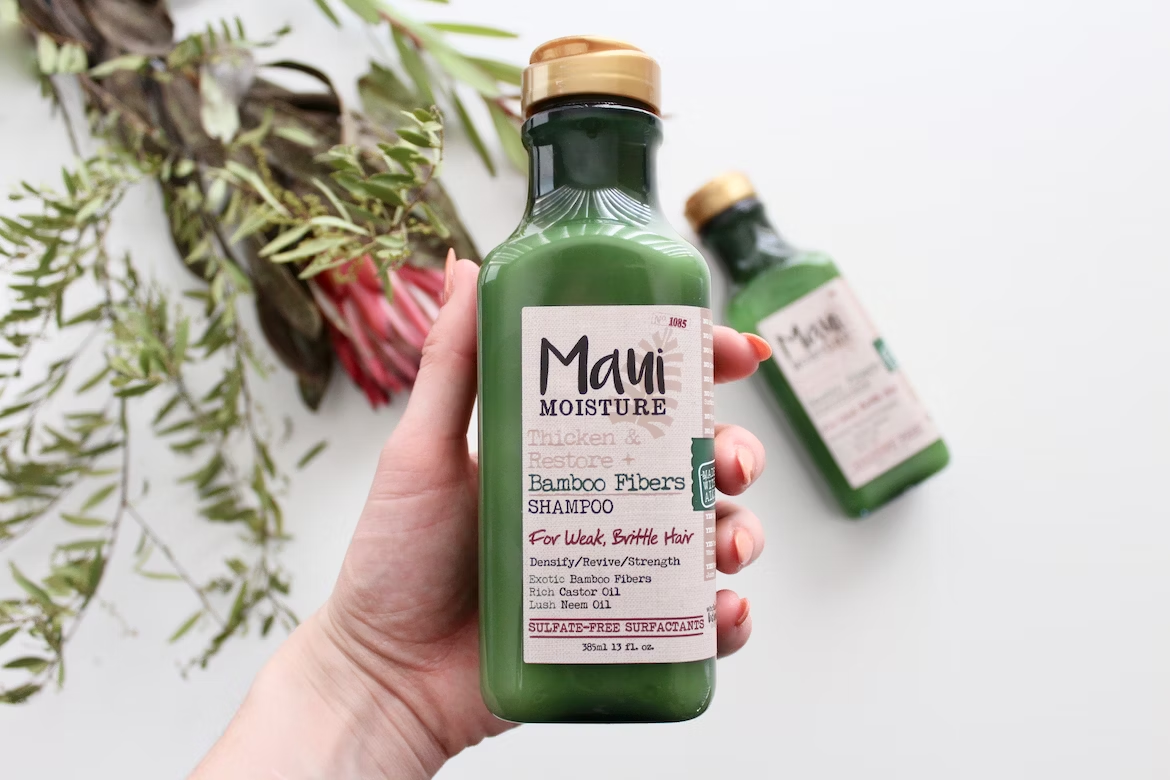
Have you ever wondered why certain colors or designs catch your eye more than others? Or why do you prefer one brand over another, even if the products are similar? These are just some of the questions that psychology can help answer when it comes to promotional products. Understanding how the human brain operates and responds to different stimuli is key when it comes to creating effective marketing campaigns. By using elements such as color psychology, cognitive biases, and emotional triggers, promotional products can be tailored to generate a stronger response from their target audience. Incorporating psychology into the design and messaging of promotional products is not only fascinating but also highly advantageous for businesses looking to improve their ROI. Here are some of how you can use psychology to create engaging promotional products for your business.
Colors and Textures
The impact of colors and textures on our psyche is a fascinating subject to explore. It is amazing to reflect on how something as simple as a textured surface or a color scheme can evoke such different emotions and sensations within us. For instance, the soft and warm texture of a woolen sweater can make us feel comfortable and secure, while the rough texture of sandpaper may incite feelings of tension or discomfort. Similarly, a bright yellow color can create a sense of joy and warmth, while a deep blue tone may be associated with calmness and serenity. Understanding these subtle nuances can be immensely helpful in creating the desired atmosphere and mood in our surroundings. It’s the little things that can make all the difference in how we feel!
Customization and Personalization
Personalization is another way to leverage psychology in creating promotional products. The idea of personalizing a product touches on the innate human need for connection and belonging. By customizing your promotional products, you can make them more relatable and memorable to potential customers. From custom drinks koozies to personalized hats, the possibilities are endless. Customizable options such as colors, designs, images, or text can help create a unique product experience that resonates with your customers on a deeper level. Furthermore, personalized products can help strengthen brand loyalty as they become associated with a particular sentiment or emotion.
Emotional Triggers and Cognitive Biases
When it comes to promotional products and their potential to emotionally engage with customers, understanding emotional triggers and cognitive biases is key. Emotional triggers are powerful psychological motivators that can be used to draw an emotional response from your target audience. For example, using a product that closely resembles the shape of a heart may evoke feelings of kindness and affection. Further, companies with an eco-friendly philosophy like to hand out custom paper cups to customers, eliciting a sense of environmental responsibility and consideration. Cognitive biases, on the other hand, refer to ingrained mental short-cuts that can influence our decision-making process. In this case, leveraging cognitive biases in your promotional products may help increase their perceived value among customers. A good example of this is the use of limited-time offers or discounts. It gives customers the impression that there is an urgency to act and take advantage of the offer. The combination of emotional triggers and cognitive biases can help create highly effective promotional products that have a greater likelihood of converting customers.
Social Proof
Social proof is a powerful psychological tool used to influence people’s decisions in marketing. Put simply, it refers to the phenomenon of customers being influenced by the actions and opinions of others. For example, if you see that other people are buying your product, you may be more likely to purchase it yourself. This concept can be highly effective when used for promotional products, as customers will usually look for other people’s opinions before making a decision. Thus, using user-generated content or customer reviews in your promotional materials can help build trust in your brand and boost sales.
Storytelling
Last, but not least, storytelling is a powerful psychological tool that can be used to create effective promotional products. Storytelling has the power to move people by connecting them to their emotions and helping them relate to your brand. Tapping into people’s imagination and providing an immersive experience through stories can help create vivid memories of your product in customers’ minds. This is particularly useful when it comes to luxury items or products that are not strictly necessary. By weaving a narrative around your product, you can make customers feel they need it by illustrating its necessity in their lives.

In conclusion, leveraging psychology in the creation of promotional products can be a highly effective way of increasing customer engagement and boosting sales. Understanding how our brains work and tapping into emotional triggers, cognitive biases, personalization, social proof, and storytelling can help create a powerful promotional product that resonates with customers on a deeper level. By taking advantage of these psychological tactics, businesses can create effective promotional products that drive customer engagement and boost sales.







